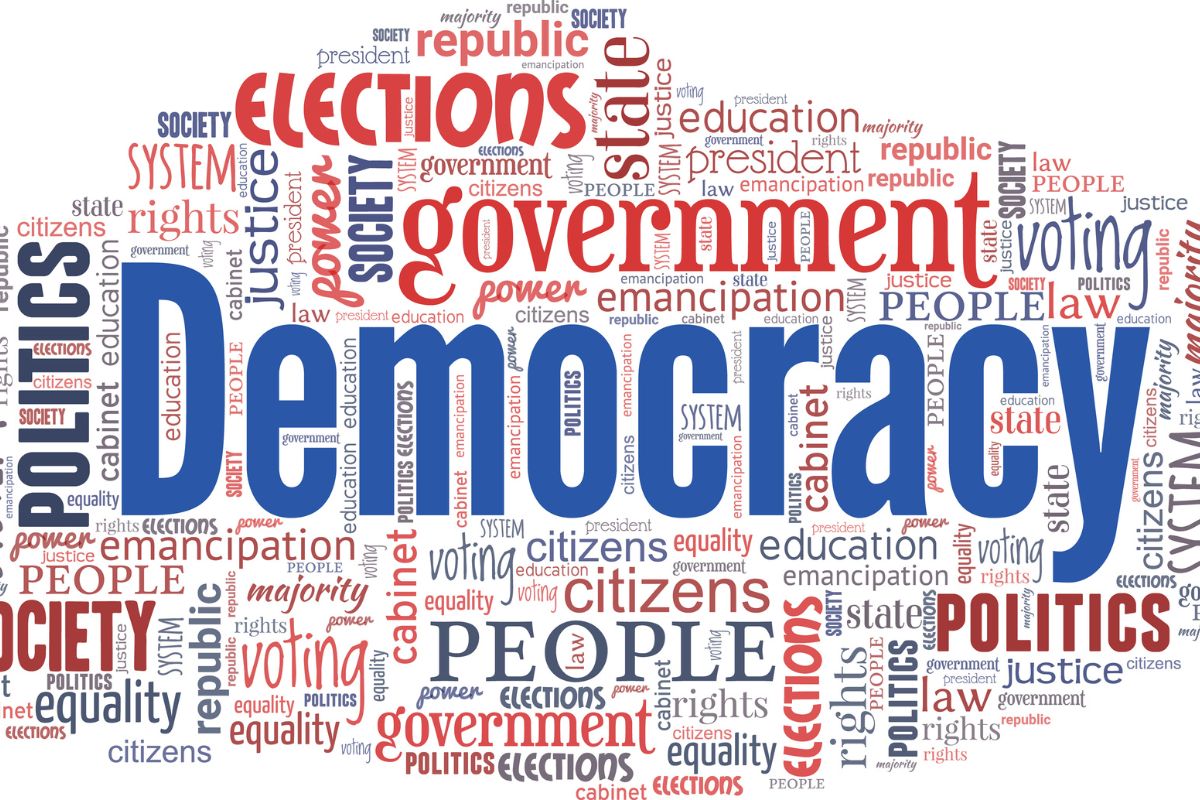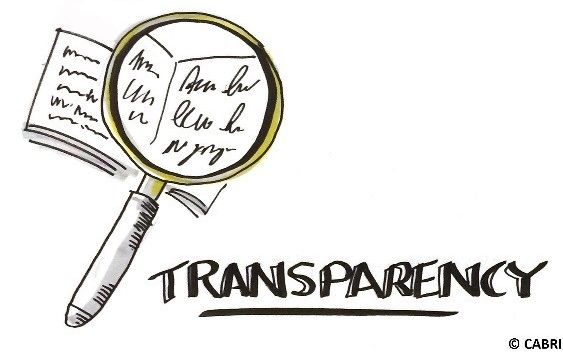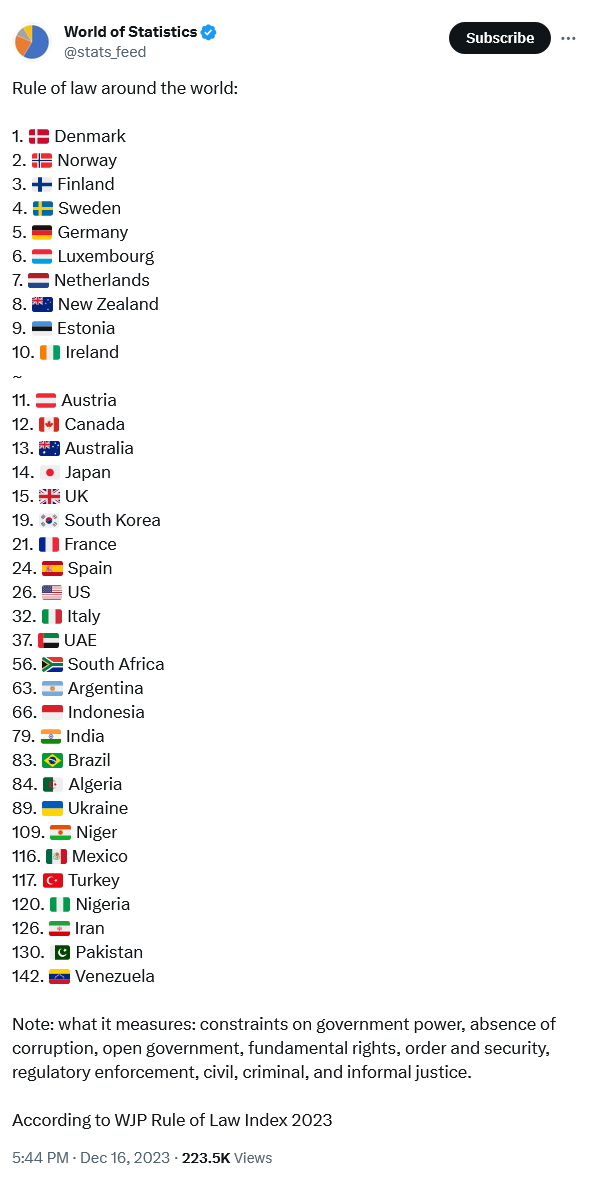Embark on an exploration of the intricate dynamics between hybrid regimes and political participation, as uncovered by the Democracy Index 2022. Unveil the challenges faced by nations categorized as hybrid regimes and discover recommendations for fostering democratic values.
#HybridRegimes #PoliticalParticipation #DemocracyIndex #Governance #PoliticalSystems
Introduction:
The landscape of global politics is evolving, marked by the rising prevalence of hybrid regimes—a delicate blend of democratic and authoritarian elements. This article scrutinizes the relationship between hybrid regimes and political participation, drawing insights from the Democracy Index 2022.
The Concept of Hybrid Regimes:
Hybrid regimes, often termed "anocracies" or "mixed regimes," defy conventional political classifications. They straddle the line between democracy and autocracy, maintaining democratic facades while suppressing dissent and favoring ruling elites.
Factors Contributing to Hybrid Regimes:
Incomplete democratic transitions, weak institutions, and economic factors contribute to the emergence of hybrid regimes. These conditions allow for the coexistence of democratic features and authoritarian tendencies.
Impact of Hybrid Regimes on Political Participation:
Political participation, a cornerstone of democracy, is hindered in hybrid regimes through restrictions on freedom of expression, manipulated elections, and suppression of civil society.
The Democracy Index 2022: A Look at Hybrid Regimes and Political Participation:
The Democracy Index 2022 assesses global democracy, revealing that hybrid regimes consistently score lower in political participation. This suggests a hindrance to citizen involvement in the political process.
Examples of Hybrid Regimes and Political Participation Challenges:
Nations like Pakistan, Benin, Bhutan, Gambia, Guatemala, Nigeria, Papua New Guinea, and Uganda face challenges in political participation due to restrictions on freedom of expression, election manipulation, and civil society suppression.
Conclusion:
Hybrid regimes present significant challenges to political participation, restricting freedoms and hindering citizen engagement. Understanding these dynamics is crucial for promoting democratic values and citizen involvement.
Recommendations:
Strengthening democratic institutions: Establish robust democratic institutions, including independent judiciaries and free media, to counter authoritarian tendencies.
Promoting civil society engagement: Support and empower civil society organizations to provide platforms for citizen participation and advocacy.
Enhancing transparency and accountability: Promote transparency within government institutions to reduce manipulation and increase citizen trust.
International support for democratic transitions: International organizations and democratic nations can play a role in supporting democratic transitions and encouraging citizen participation in hybrid regimes.
Embark on this journey through the hybrid realms, deciphering the intricate interplay between political systems and citizen engagement in the Democracy Index 2022.



















